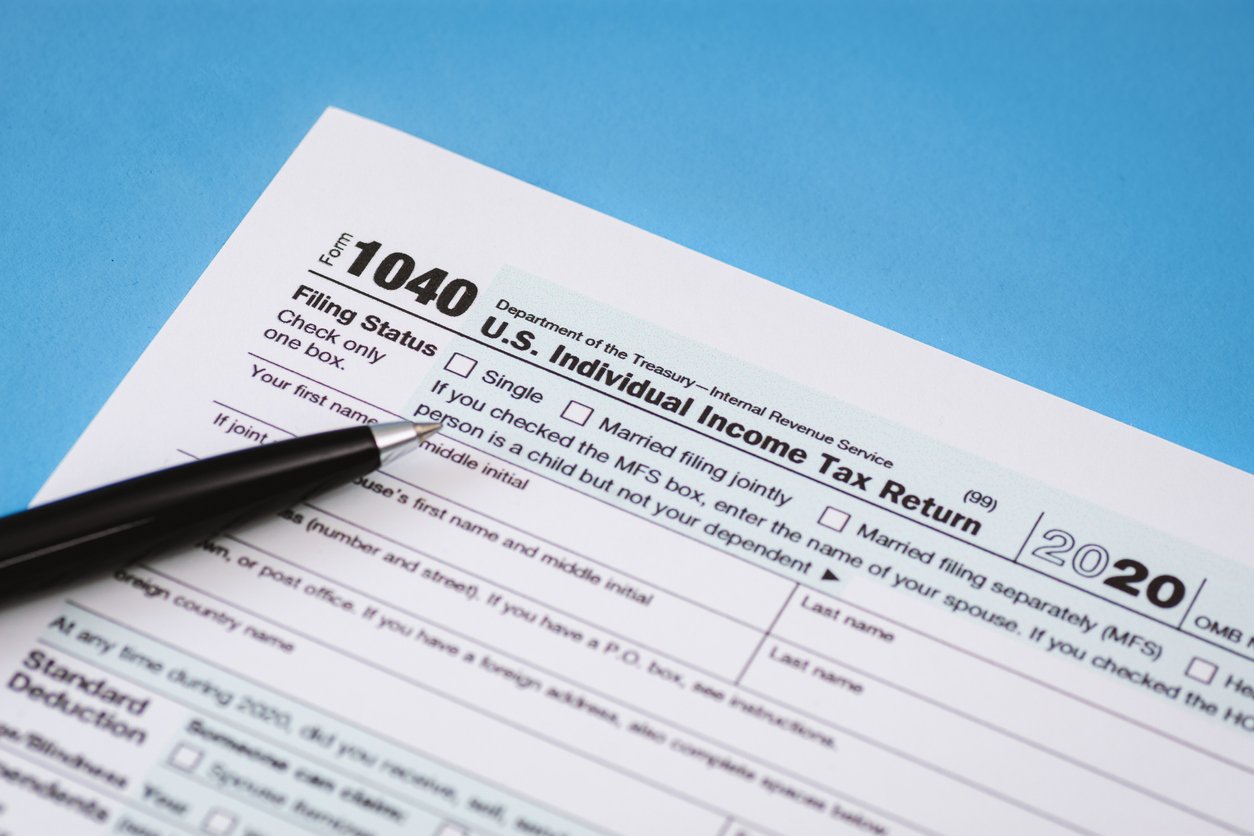
IRS Form 1040-SR is a new version of the 1040 form explicitly designed for taxpayers aged 65 and older. The Bipartisan Budget Act of 2018 introduced Form 1040-SR and a simplified version of the standard Form 1040. The notable differences between the two are that the 1040-SR has larger type font and highlights tax benefits specifically available to seniors. Taxpayers aged 65 or older by the end of the tax year for which they are filing may choose which form to use, whether retired or still working. However, retirees under the age of 65 may not select the 1040-SR.
If you file your taxes using a paper form, the larger type font and bigger boxes in which to write the numbers could be helpful. Otherwise, if you file using an online fillable form or tax software, there is no difference between the 10409 and the 1040-SR.
The hardcopy form does use the senior allowance for standard deduction in the allowance chart, which is helpful for those who may otherwise not claim the deduction to which they are entitled. If you don’t itemize, you have access to a larger standard deduction if you or your spouse is 65 or older. The difference for a person filing as single is an additional $1,650 above the standard deduction, while the amount for a married couple is $1,300 for each person at or over the age threshold.
Are There Other Tax Benefits for Seniors?
In addition to the higher standard deduction, seniors have a higher filing threshold. The filing threshold is the amount of income you can earn before you need to file a tax return. For married couples under age 65, the income maximum before filing is $24,800. If one spouse is 65 or older, the threshold increases to $26,100, and if both are seniors, the line is drawn at $27,400. Note that seniors may want to file even if not required to if they are entitled to refunds or credits.
Low-income tax credit. Some seniors with a low adjusted gross income and low nontaxable Social Security and pension income are eligible for a credit of between $3,750 and $7,500. The Credit for the Elderly or the Disabled is available to seniors with adjusted gross income under $17,500 ($25,000 if both spouses are 65 or over) and pension and nontaxable social Security income under $7,500 for the couple.
Seniors can also defer taxes by contributing higher annual amounts to an IRA (Individual Retirement Account) and 401(k) plan. Also, once a taxpayer is 59 ½, they can withdraw funds from an IRA without incurring the 10% early withdrawal penalty that younger taxpayers must pay. The same is true of withdrawals from a 401(k) if you leave your job after age 55 (you can only withdraw from a 401(k) attached to your most recent position if you have more than one).
Can I Benefit From Charitable Contributions?
One thing about those retirement accounts is that retirees usually must begin taking withdrawals from them and pay taxes, whether or not they need the money. If you are a retiree over 70 ½ and you transfer any amount (up to $100,000) from your IRA to a qualified charitable organization, you won't have to pay taxes on the gift amount. However, you must account for the transaction on your 1040 or 1040-SR.
This material is for general information and educational purposes only. Information is based on data gathered from what we believe are reliable sources. It is not guaranteed as to accuracy, does not purport to be complete and is not intended to be used as a primary basis for investment decisions. Realized does not provide tax or legal advice. This material is not a substitute for seeking the advice of a qualified professional for your individual situation.



